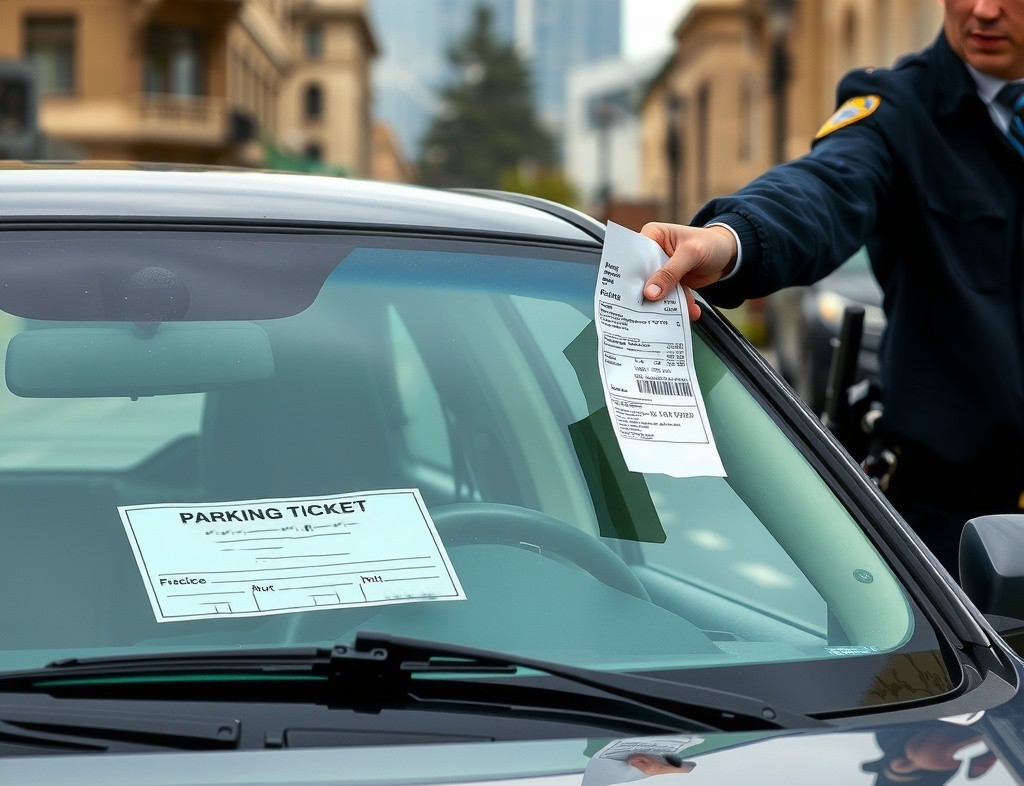What Are Common Myths About Massachusetts Car Accident Liability – and What’s the Truth?

In this modern age with access to more information at our fingertips than ever before, it is still a challenge to distinguish myths from facts. If you or a loved one has been injured in a Massachusetts car accident, it can be hard to know where to turn for reliable advice and direction.
The attorneys at Sweeney Merrigan Personal Injury Lawyers have over a century of combined experience in representing accident victims and their families. We have seen how important accurate information is in making informed decisions about a potential injury case. That is why we have compiled this list debunking 4 common myths about Massachusetts car accident liability.
Myth 1: I Can’t File a Lawsuit if I Was Partially At Fault
The truth is, you can file a personal injury lawsuit if you were less than 51 percent at fault.
Massachusetts is a no-fault state and follows a modified comparative fault rule for negligence. This means that generally, compensation is recovered through your personal insurance policy, even if the other party was at fault.
However, certain situations allow a person to recover additional compensation through a personal injury lawsuit. This includes if your damages exceed $2,000 in medical expenses or if you suffered serious or permanent injuries due to the accident.
Massachusetts follows a modified comparative fault rule. This means you can only file a personal injury lawsuit against the other party if you were less than 51 percent at fault for the accident.
So even if you were partially at fault, such as by speeding, failing to yield, or not wearing a seatbelt, it doesn’t mean you will automatically lose or be unable to pursue a lawsuit. The amount of compensation you can recover will be reduced by your percentage of fault.
Myth 2: I Have to Accept the Insurance Company’s Offer
The truth is, you shouldn’t accept a settlement offer that doesn’t offer full compensation.
In a perfect world where insurance coverage works as it was designed, recovering full compensation for your losses would be easy. Unfortunately, this is not always the case.
All too often, insurance companies flat-out deny valid claims or offer a low-ball settlement to close the case as quickly and cheaply as possible.
You are not obligated to accept an unfair offer from the insurance company. In fact, you shouldn’t.
Accepting an offer that doesn’t reflect your true damages bars you from recovering more compensation later. More often than not, the initial settlement offer is lower than the amount of compensation you are legally entitled to receive.
Myth 3: I Have Plenty of Time to File a Lawsuit
The truth is, most Massachusetts personal injury claims have a 3-year deadline to file, but some are sooner.
In Massachusetts, the statute of limitations, or time limit, to file a personal injury lawsuit is generally 3 years.
There are a few exceptions to this, including:
- When the injury victim was a minor at the time of the accident
- When the liable party is a government entity
- When the injuries were not initially apparent
- When the liable party left the state
While 3 years can seem like a lot of time, in reality, it goes by quite fast. The earlier the process is started, the easier it is to compile evidence and build a strong case.
Myth 4: I Can’t File a Claim if the Government Is At Fault
The truth is, government entities can be held liable for negligence.
The Massachusetts Tort Claims Act outlines specific rules that must be followed when filing a claim against the government for negligence resulting in injury, property damage, or death.
Some differences between personal injury lawsuits involving a private party and a claim through the Massachusetts Tort Claims Act include:
- The claim must first be “presented” to the employer within 2 years of the date of injury
- There is a cap of $100,000 in compensation for a single claim (except for serious bodily injury caused by the Massachusetts Bay Transportation Authority)
- No punitive damages can be awarded
There are different deadlines and restrictions for injury claims regarding road defects such as potholes.
Let Sweeney Merrigan Answer Your Massachusetts Car Accident Questions
At Sweeney Merrigan, our attorneys have been representing families in Massachusetts for decades. Our track record speaks for itself – we care for our clients and consistently achieve favorable results on their behalf. Through our commitment to accountability, transparency, and tenacity, we are proud to fight for our clients and provide the high-quality representation they need and deserve.
Whether you are ready to hire a personal injury lawyer or you just have questions that need answers, we are here to help. A free consultation and case review can provide you with the clarity you need to make an informed decision about your future.
Schedule your free consultation with our firm today. Call us or fill out our online form to learn how we can put our experience to work for you.



